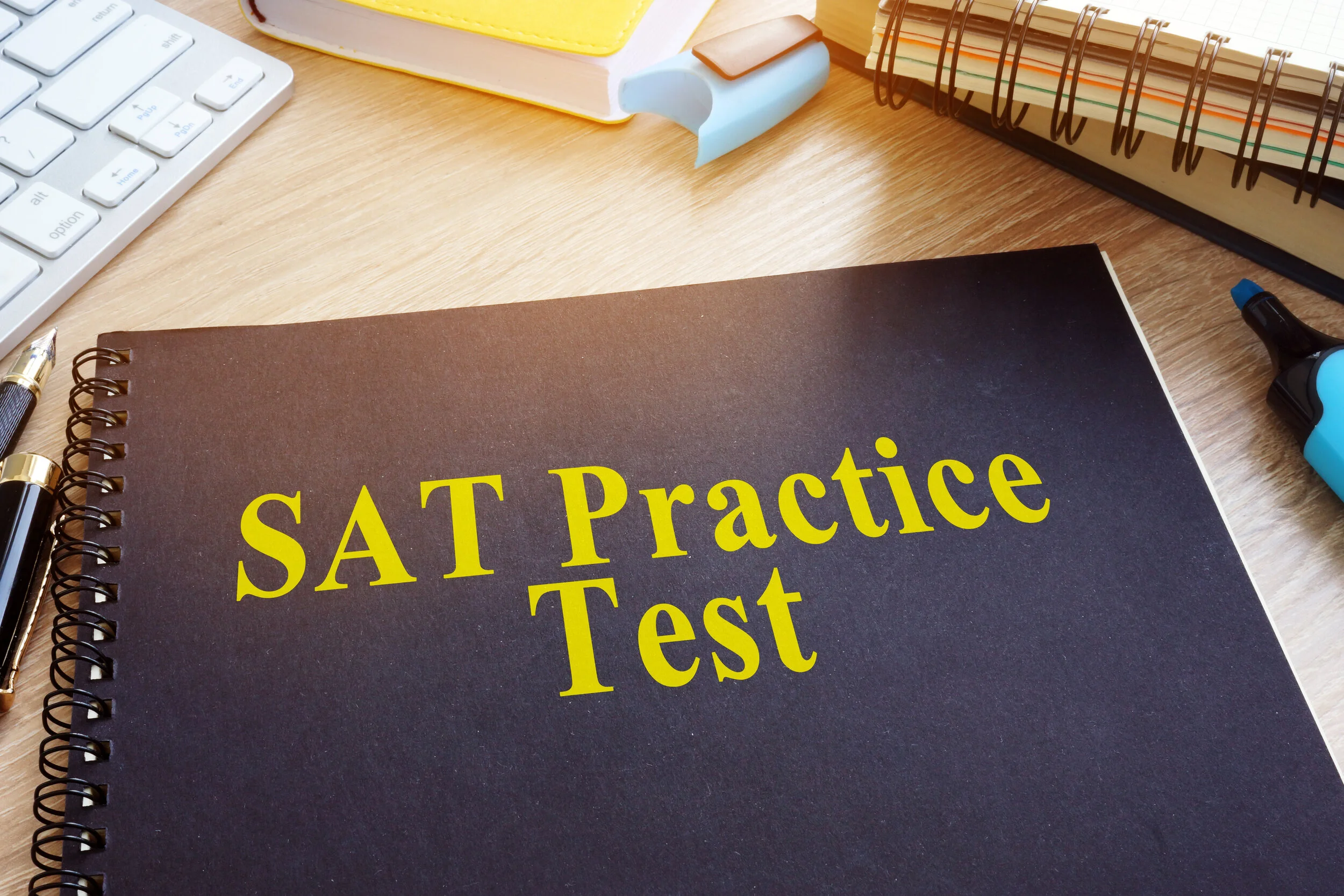Should I Take the SAT or ACT and What About the MCAT, LSAT, and GRE during COVID?
/Amid all of the adjustments that Colleges and Universities have made during COVID, the one that affects you and your student the most is the changes to Standardized Tests such as the SAT, ACT, MCAT, LSAT, and GRE. Although California has seen the most disruption in its Testing schedule, the rest of the country has been open for several months now. Therefore, if you are thinking about attending a College or University outside of California, then the SAT and ACT will be REQUIRED for the upcoming admissions cycle. That being said, there have been some adjustments to Graduate level Testing, such as in the case of the MCAT, LSAT, and GRE.
The Medical College Admissions Test (MCAT) has been shortened from 7 hours to 5 and a half hours in order to fit in an additional sitting at Pearson Test Centers to make up for the 2020 cancellations. Medical Schools across the country have refused to waive the MCAT requirement, even during COVID. This is an extremely long and difficult exam for prospective Medical School applicants, therefore we at Dow Educational Solutions recommend approximately 80 hours for content review. Yes, 80 hours!… However, we have prepared a full color-coded version of all of the Notes associated with the Chemistry, Physics, Biology, Psychology, Sociology, and Critical Reasoning content on the MCAT. We can save you over 75% of your study time by accessing our complete MCAT Content Review materials…
The Law School Admissions Test (LSAT) will be administered at home while proctored remotely using your webcam. Spots fill up quickly, and registration deadlines are firm, with no late registration. Since Testing can occur in the comfort of your own home, Law Schools have not decided to waive the LSAT requirement. The LSAT is another complicated Standardized Test that requires practice, practice, and more practice…
The Graduate Record Examination includes 3 areas of focus: Analytical Writing, Verbal Reasoning, and Quantitative Reasoning. Since this Test is short by most standards, only 3 hours and 45 minutes, previous cancellations have been easy to make up. There are several Testing Centers that have been serving students for the past several months, even in California.
The bottom line is that now is the time to start planning your Standardized Test Prep for the SAT, ACT, MCAT, LSAT, and GRE as requirements for undergraduate Colleges outside of California remain the same, and Graduate & Professional School requirements for Universities across the county have always been the same despite COVID.









